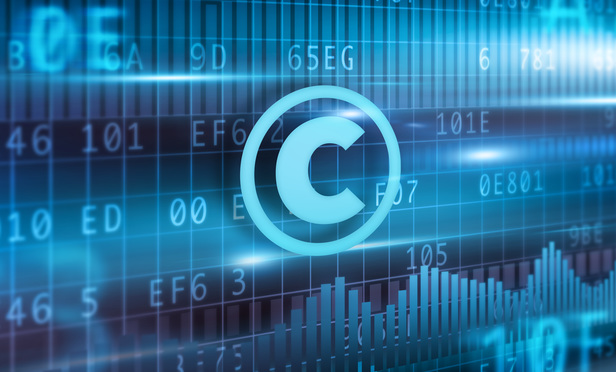In order to bring copyright litigation, a work must be registered with the U.S. Copyright Office. For most written works, like novels, authors can simply obtain the version of the novel that is on file with the U.S. Copyright Office and compare it to the allegedly infringing copy to determine what they have in common. These common sections may constitute copyright infringement if they are not covered by fair use.
With software, this simple process doesn’t work. Software code contains both trade secrets in the functionality and copyrightable expression in the way it is written. Registering the software to protect the expression would expose the functionality and destroy all trade secrets that must, by definition, be kept secret.
This content has been archived. It is available through our partners, LexisNexis® and Bloomberg Law.
To view this content, please continue to their sites.
Not a Lexis Subscriber?
Subscribe Now
Not a Bloomberg Law Subscriber?
Subscribe Now
LexisNexis® and Bloomberg Law are third party online distributors of the broad collection of current and archived versions of ALM's legal news publications. LexisNexis® and Bloomberg Law customers are able to access and use ALM's content, including content from the National Law Journal, The American Lawyer, Legaltech News, The New York Law Journal, and Corporate Counsel, as well as other sources of legal information.
For questions call 1-877-256-2472 or contact us at [email protected]






